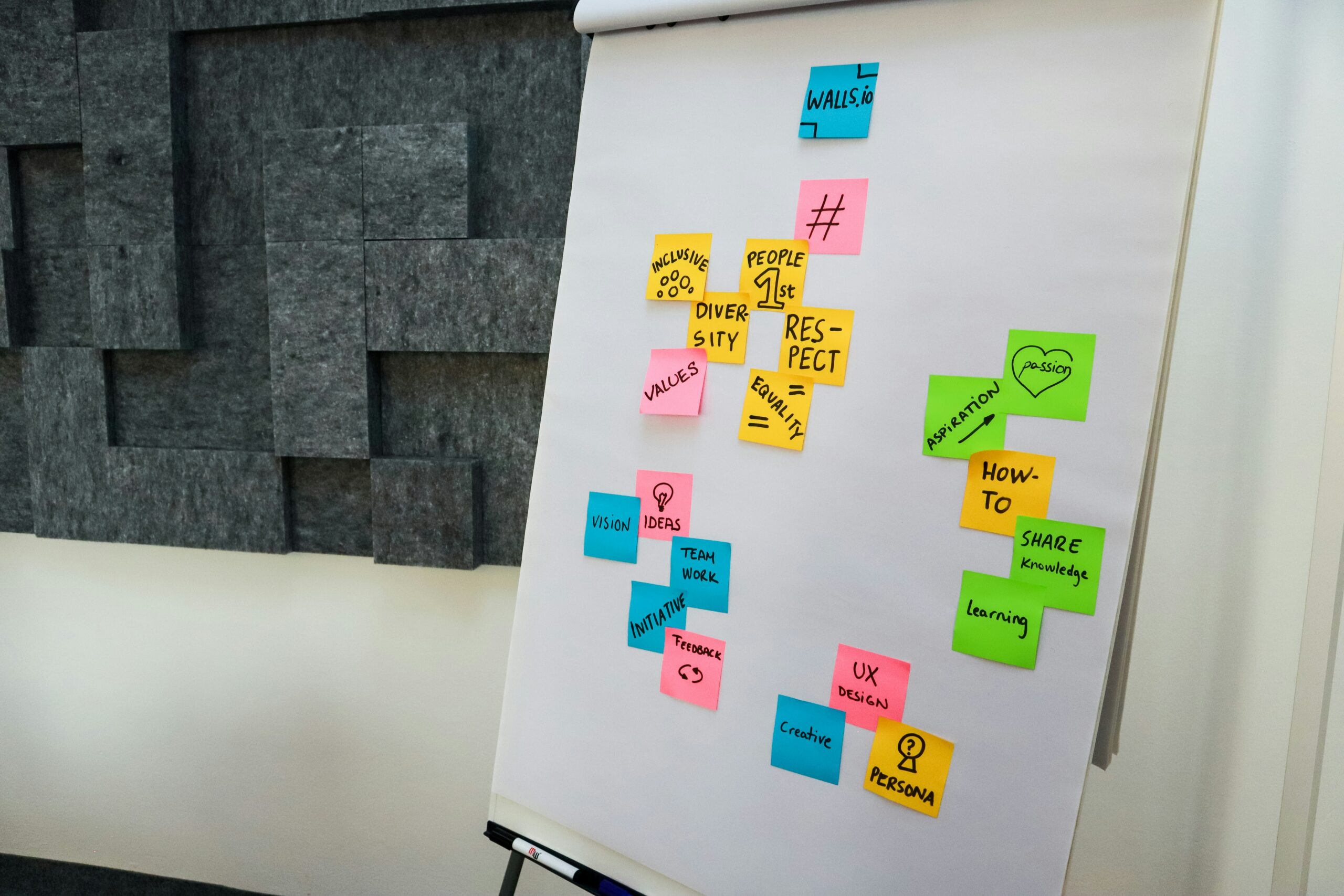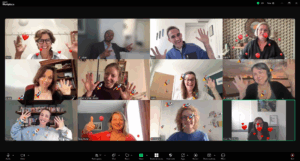What Drives Us? – Core Values and ORSC
Written by Louis Yates, ORSC Community Steering Group Member, ORSC Certified Coach and Coach Supervisor
Here is a little bit about core values, why they are important and how as systems coaches we can support those we work with to shift from an individual perspective to that of the relationship.
Why Are Core Values Important?
Whether we are an individual, team or organisation, being clear on our core values helps to define who we are. Values steer our behaviour, aid decision-making, the relationships we choose and they keep us grounded in times of change.
Values can be challenging to work with precisely because they are ideas that may never have been put into words. They tend to sit in our unconscious. Psychologists believe that our values are very closely connected with our sense of self and in ORSC language they operate at our essence level. As systems coaches we have a role in supporting our clients to bring consciousness to their core values so they can be more intentional about how they are honoured.
Core Values in Relationship Systems
In any team or relationship system, a whole range of values will reside. Each individual will have their own unique set of core values, driven by their belief systems.
When team values are created, the focus shifts from ‘what is important to me personally?’ to ‘what is important to the system?’ Those core values that will shape the system’s own identity, strategy and decision-making.
So how can we support this shift as systems coaches?
- Start with individual values: Support individuals to gain a strong understanding of their own values and give them the opportunity to have these acknowledged by other team members. This helps to make the process ‘real’ for them, and as they share what is important to them with the rest of the team it builds understanding and provides a sense of validation of who they are. From this foundation they can start to align their own values with those that serve the relationship system as a whole.
- Agree core values for the system: A core value is one which the team or organisation is prepared to honour no matter what. The more values, the more difficult this is so 3 – 4 values are usually ideal. If the team is prepared to let a value slip then it isn’t ‘core’.
Some questions to ask are:
- What is important to our identity or brand?
- What values have served this team to date?
- What values will serve this team moving forward?
- What is important to our customers?
A team may choose values which are aspirational…i.e. ones that it may not have prioritised until now but feel they need to take it into the future. For example, a team may decide that to thrive over the next few years, it may need to introduce a value of innovation and experimentation.
- Prioritise the core values: Our brains will subconsciously prioritise values anyway so it is important that the system as a whole consciously aligns on which it will prioritise over another.
- Test out the core values: Review past and current challenges and any decisions that have been made to address them. What values supported these decisions? If you find that the ‘best’ decision isn’t aligned to the chosen values then maybe the core values may need to be reviewed.
- Bring the core values to life: Too often teams and organisations go through lengthy exercises to identify their values only to leave them as words on a website or pieces of paper on the wall. To avoid this becoming a pointless exercise, values need to be brought to life, allowing individuals to experience what it is like to honour each value, identify tangible behaviours and be committed to living these values on a daily basis.
How ORSC Can Support Us and our Core Values
As ORSC coaches, we have the capacity to support clients to take a systemic lens to working with their values. This helps them to focus on what their whole system needs, ensuring buy-in and supporting them in developing a strong identity and culture. Since values operate in our subconscious brain, working with all ‘3 Levels of Reality’ helps to move a client from capturing the essence of the values at its deepest level through to practical implementation i.e. ‘what does this look like in practice?’
We have an abundance of tools at our disposal: ‘Bringing down the vision’ and ‘High Dream/Low Dream’ can help uncover the values needed in a system. The ‘Metaskills Wheel’ can support clients to connect to and live values on an essence, dreaming and practical levels and we can use ‘Lands work’ to deepen understanding of each value and gain alignment where some values may be trickier for some people to connect to that others.
This is not an exhaustive list, just some ideas of how we can support our clients to becoming more conscious and intentional about how they live their values.
As Stephen Covey says:
“Reactive people are driven by feelings, by circumstances, by conditions, by their environment. Proactive people are driven by values – carefully thought about, selected and internalized values.”






